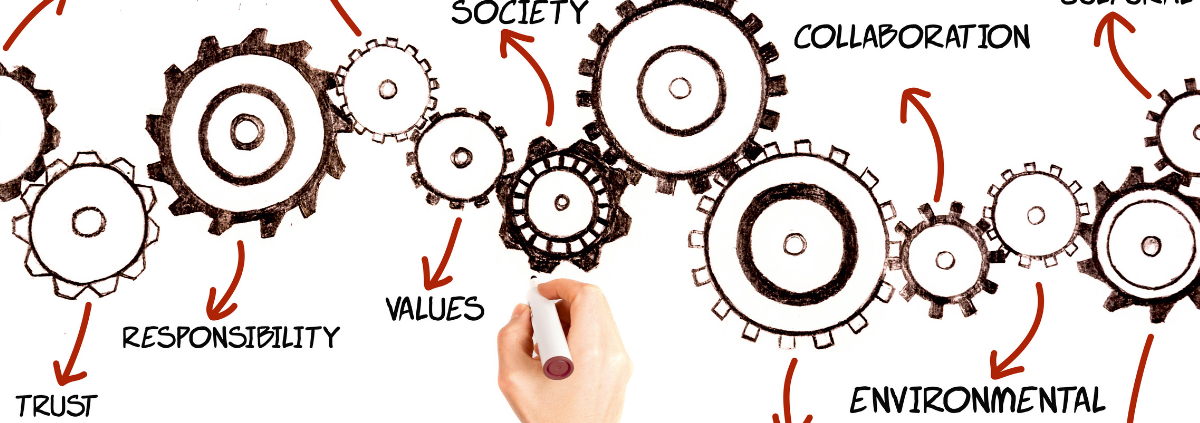What is Supply Chain Sustainability? – Part 1
Supply chain sustainability is the comprehensive view and management of supply chain components, processes, and technologies deployed in business operations that have a direct or indirect impact on the environment, society, and economy. It includes endorsing good governance ethics throughout the lifecycle of products and services. Supply chain sustainability involves a business reflecting on the environmental and human impact of their production lifecycle from raw materials sourcing to production, storage, delivery, and all modes of transportation utilized.
The goal is to reduce environmental damage from component processes like energy consumption, water consumption, and waste production whilst significantly improving the lives of participants in the operating supply chain. Another important goal is to establish, protect, and develop a long-term social, environmental, and economic value for stakeholders, partner companies, government, and customers when bringing goods and services to market. To properly explore this subject, we need to define key terms:
Supply Chain: A supply chain is a collection of systems and processes that transform raw material into finished goods. Within this collection of systems and processes, there are multiple tiers of production and/or manufacturing, facilities in use for these operations, transportation across the spectrum of the operations, and all of the human capital involved in the movement of any product/ service from beginning of the cycle all the way to the customer.
Supply chain management: The act of coordinating raw material sourcing, production, distribution, and inventory among participants in the supply chain. It aims to maximize profit and gain a competitive advantage in the market by streamlining the commercial supply-side activities and operating as lean as possible to drive out costs whilst satisfying customer needs.
Climate change: Climate change according to the United Nation is the long-term alteration of temperature and weather patterns. The long-term trickle-down effect of climate change in business operations will see an increase in cost across all parts of the supply chain and affect the quality of goods delivered to customers. Natural disasters caused by climate change will test the level of flexibility in the supply chain with failure being the catastrophic result.
As we have written about greenhouse gases and climate change in a previous blog post, supply chain systems and processes are a large contributor to the greenhouse gas emissions that exacerbate climate change. GHG emissions lead to a higher temperature, more drought, and a rise in ocean temperature. A rise in ocean temperature further leads to intense hurricanes and other disasters that can disrupt global commerce. With a deteriorating climate condition, supply chain risks will only become worse.




